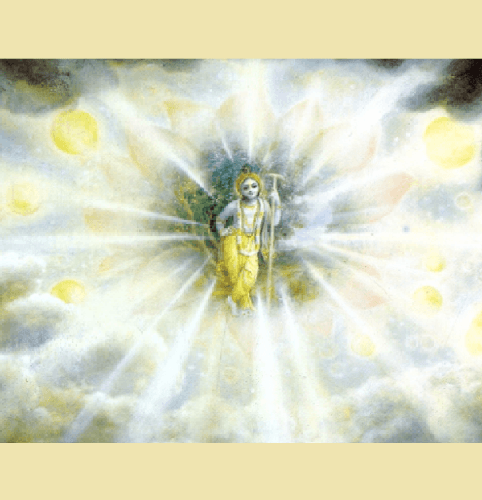Who is God – In today’s modern world most people do not believe in the existence of God. Out of those people who believe in God, most of them have a false conception of God that is not in accordance with the scriptures. Thus I have mentioned the misconceptions that people have about God and have tried to clarify it based on scriptural evidence.
Urban Escape Fitness – 113 San Marin Dr Novato, CA – Health & Fitness, Exercise & Fitness Programs – (415)-408-3220 anavar dosage bodybuilding ✅ 💪🏼👩🏻 exercise for pregnant and postpartum women – stretching || baby suite fitness ❤️Table of Contents
Is God some Supernatural force or power?
‘God is Supreme power’ – all those who believe in God often proclaim so. This very idea is not accepted in Bhagavad Gita. As a concept, ‘power’ (shakti) is always dependent and possessed. By definition, God must be independent. Hence He is infinitely powerful. As a common sense, you can delineate power from the powerful as it is the powerful who controls the power and not vice-versa.
God is not power, rather He is most powerful or the source of all power. Power is just one of His opulence. Power is always controlled by somebody. For instance, electric power is controlled by an engineer. The person who controls power is more powerful than the power itself. One has to understand that God is not power but God is powerful and rather much more.
Are there many Gods?
In Vedic literature, there exist two different concepts: God (Bhagavan) and demigod (Devata). Lord Krishna is the source of all demigods, who assist Him in various worldly affairs. There are 33 crores of demigods – each one of them works under Lord Krishna’s direction. Thus we must abandon the idea that Lord Krishna is also one of the many demigods. Intuitively one can say that the Absolute Truth is one.
One of the meanings of Krishna is all attractive. The word ‘Krish’ is a dhatu (root) sabda and the meaning is ‘to attract’. Krishna means He who attracts everybody, sarvākarṣaka- all attractive. So Krishna is not something sectarian. Krishna refers to God. God’s original name is Krishna. He has unlimited names. Rāma, Allah, Jehovah, Viṣṇu, Nārāyaṇa, Padmanābha, Ananta, Keśava, and Mukunda are some of His other names. This implies that Krishna is neither another demigod nor He is the God of a particular class of people.
Is Nature God?
Some people say that nature is God but that is also not true. According to Bhagavad Gita, nature is Krishna’s energy and works under His dominion. Krishna says in Bhagavad Gita:
BG 9.10: “This material nature, which is one of My energies, is working under My direction producing all moving and nonmoving beings. Under its rule this manifestation is created and annihilated again and again.”
So by accepting the authority of Bhagavad Gita, the argument that ‘Nature is God’ must be abandoned.
Is God Brahman?

Many who believe in Vedic culture argue that God is formless divine light, i.e. Brahman. However, this is just a partial description of God. As the sage Suta Goswami says in Srimad Bhagavatam
SB 1.2.11: “Learned transcendentalists who know the Absolute Truth call this non-dual substance Brahman, Paramātmā or Bhagavān.”
Lord Brahma further states in his treatise Brahma samhita that Lord Krishna is the Absolute Truth in Bhagavan feature. In addition, he states that Lord Krishna has a transcendental form.
Brahma Samhita verse-1: “Krishna who is known as Govinda, is the Supreme Godhead. He has an eternal blissful spiritual body. He is the origin of all. He has no other origin and He is the prime cause of all causes.”
In Bhagavad Gita 14.27, it is clearly stated that Lord Krishna is the resting place for Brahman:
BG 14.27: “And I am the basis of the impersonal Brahman, which is the constitutional position of ultimate happiness, and which is immortal, imperishable and eternal.”
Brahman is the glaring light or the rays that are coming from Krishna. The rays are His impersonal feature but He is always a person. However, unlike us, He is a transcendental person whose body is not subject to birth, death, old age and disease. We are inside the domain of the universe where the time factor is present, and hence, changes in our body are inevitable. God exists beyond material space and time. He has been existing eternally and His body remains pure and spiritual, not subject to change.
